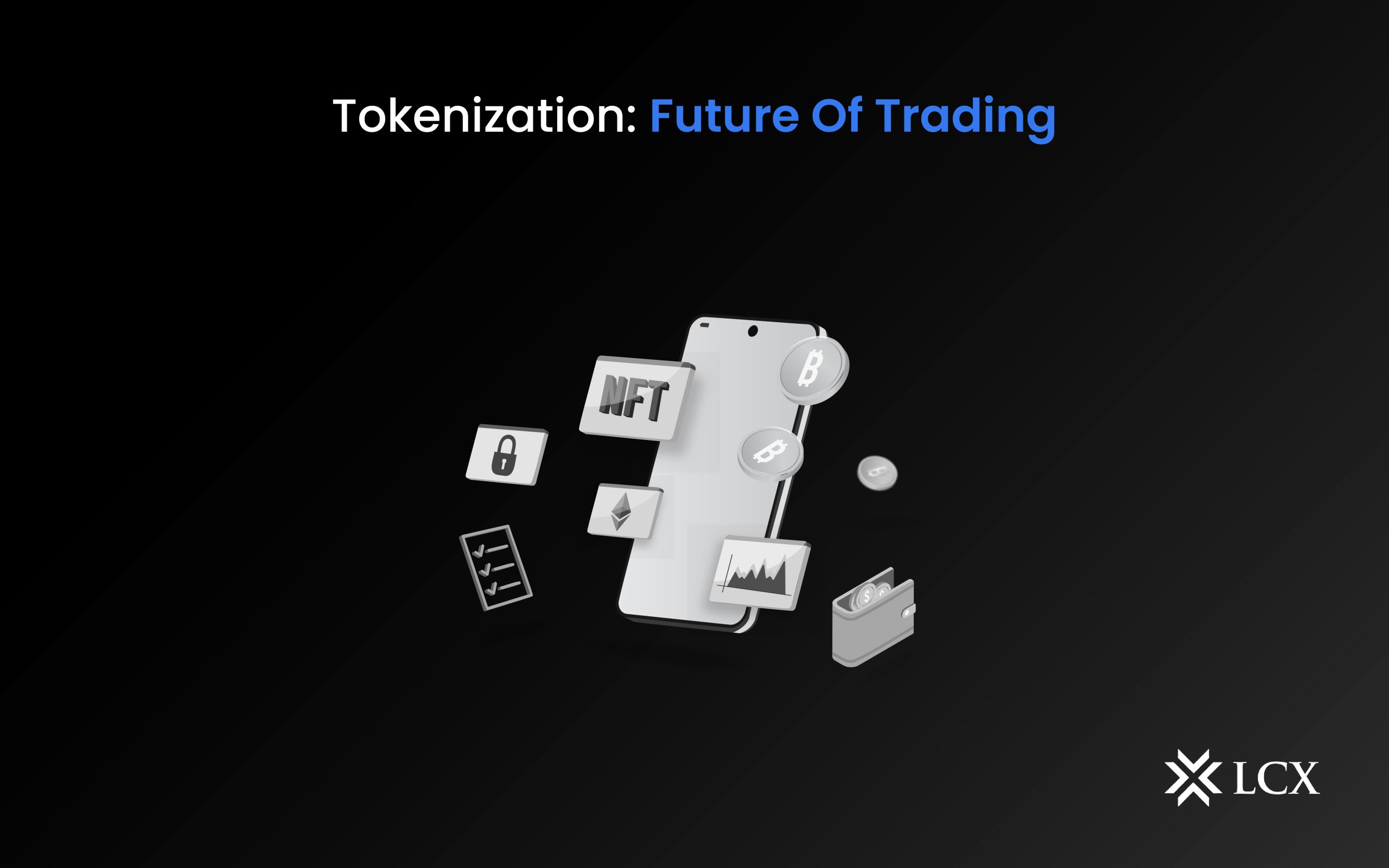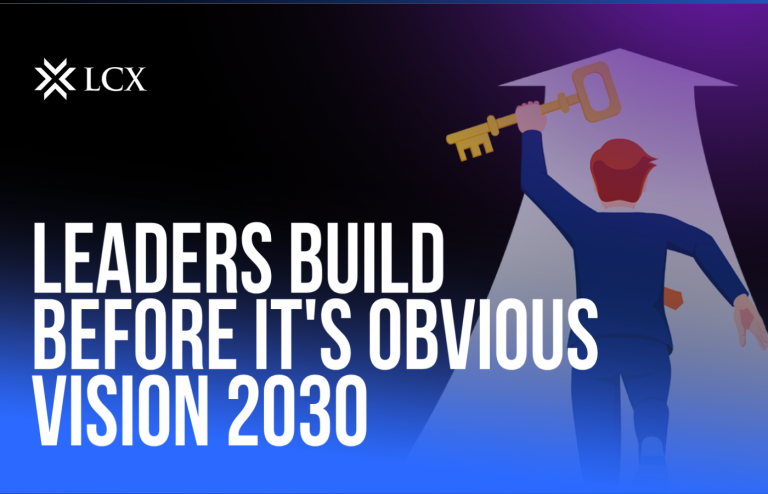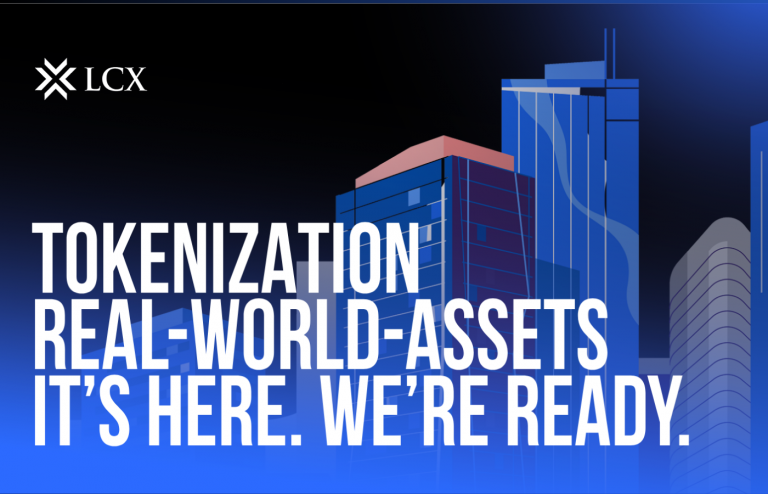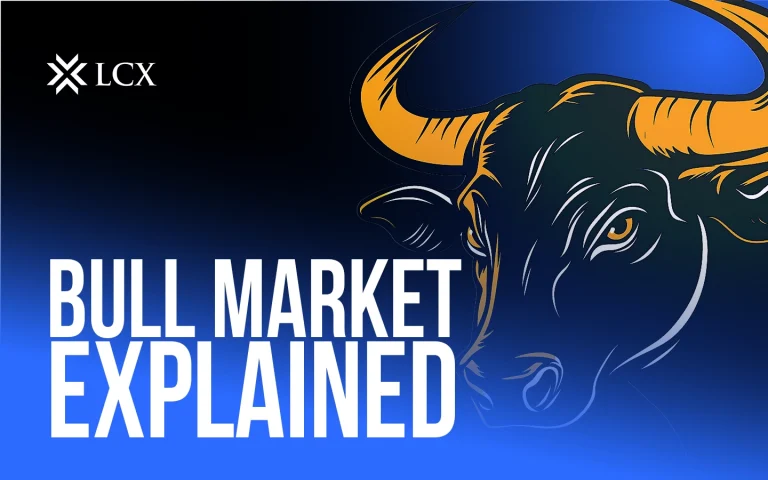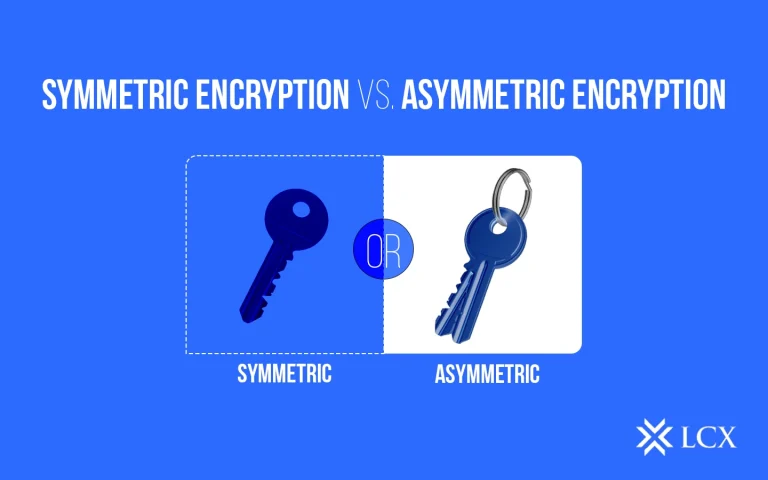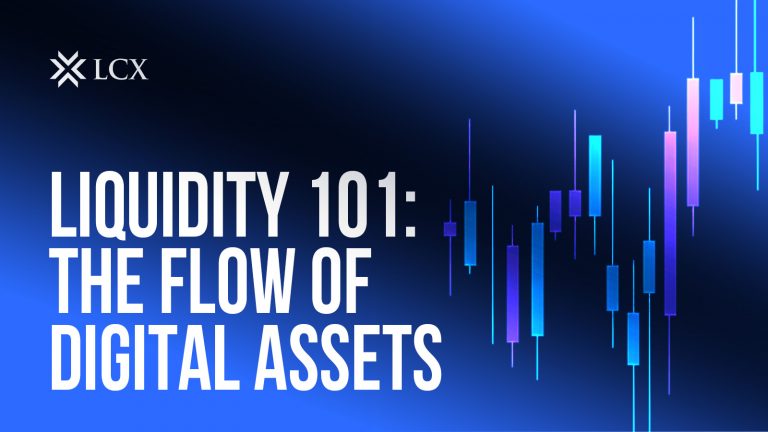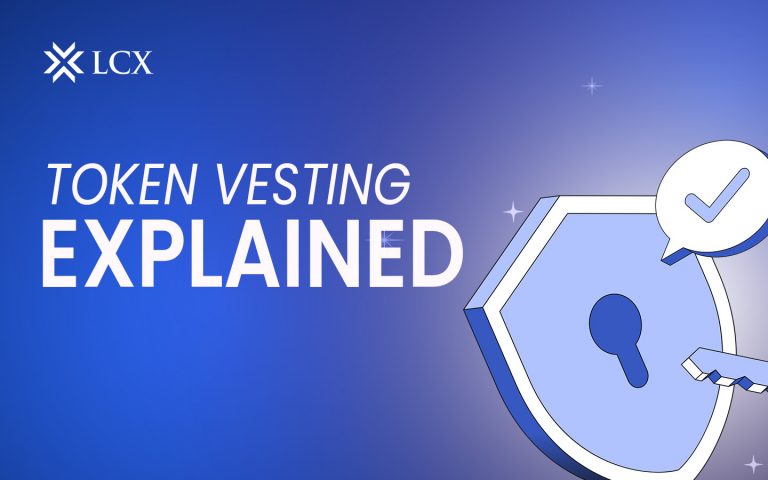Blockchain is poised to make a transformative difference in the world of finance. This technology, with its characteristics like decentralization, immutability, transparency, and distributed structure, has added new benefits and applications to the modern tech ecosystem.
Blockchain technology is well on its way to transforming multiple industries and sectors, and one such sector is tokenization. It has evolved as one of the most promising endeavors in the world of online commerce, especially with its scope of massive expansion to represent various real assets in the form of virtual assets.
Tokenization heralds a new era of asset trading
Tokenization is referred to as the representation of physical and digital assets as digital tokens on the blockchain. These tokens can be traded and exchanged just like any other asset, allowing for more efficient and secure ways of buying, selling, and tracking ownership. Lately, tokenization has gained significant traction as a means to democratize access to investments in assets.
The technology behind this concept, blockchain, aids in the safe, transparent, and efficient tokenization of various real-world and digital assets, as the blockchain network ensures the traceability of the transactions by encrypting each transaction in blocks of information. This paves the way for a new and easy evaluation and management of any asset that is of significant value.
Is Tokenization the Future?
The massive adoption of blockchain-based tokenization concretizes the fact that the future will be tokenized. Tokenization offers the inherent advantage of facilitating the easy and secure transfer of ownership of assets. Traditional methods of transferring ownership, such as transferring physical certificates or going through intermediaries, are slow and prone to errors. Tokenization streamlines this process by allowing assets to be easily transferred on a blockchain, with the ownership of the token representing ownership of the asset. This can be especially useful for assets that are difficult to transfer, such as real estate or fine art. Another benefit of tokenization is the ability to fractionalize ownership of an asset. Tokenization allows for smaller, more affordable investments, making it easier for a wider range of people to participate in the trade of digital assets.
One aspect of this technology, the tokenization of real-world assets, has gained significant interest from users worldwide lately. This concept has the potential to revolutionize the trading industry. Trade in the tokenized assets eliminates the need for physical assets to be transported every time a trade is executed. Investors can own valuable assets like diamonds, gold, and other luxury or general items from anywhere in the world. This reduces the risk of damage to the physical asset and saves the consumers’ money on shipping and transportation costs. With tokenized assets’ embedded security and immutability, trading in physical assets on a global scale is now easier than ever.
LCX paves the way for innovative asset trading in the digital age
LCX is leading the path of innovation within the tokenized asset marketplace. LCX has received regulatory approval as a Physical Validator according to the Liechtenstein Blockchain Act (TVTG). This makes LCX the first company worldwide to attain this registration. As a Physical Validator, LCX is responsible for maintaining the integrity and security of the tokenized assets on the blockchain. This involves verifying the authenticity of underlying assets and the physical safekeeping of real-world assets to prevent fraud and other malicious activities.
LCX, a regulated crypto exchange platform, has its own tokenized asset called Tiamonds. The Tiamonds project is a platform for tokenized diamonds, and LCX plays a critical role in maintaining the integrity and security of the tokenization process. With new regulatory approvals at hand, LCX will further drive innovation and adoption of tokenized assets in the blockchain industry.
Read more about LCX’s regulatory approval of tokenized assets here!
In Conclusion
While tokenization is still in the early stages of adoption, it has the potential to shape the way people trade assets in the digital age. Thanks to the transparency, cost efficiency, and accessibility it affords, tokenization can trigger the creation of a new financial trading system that is more decentralized and democratic.
